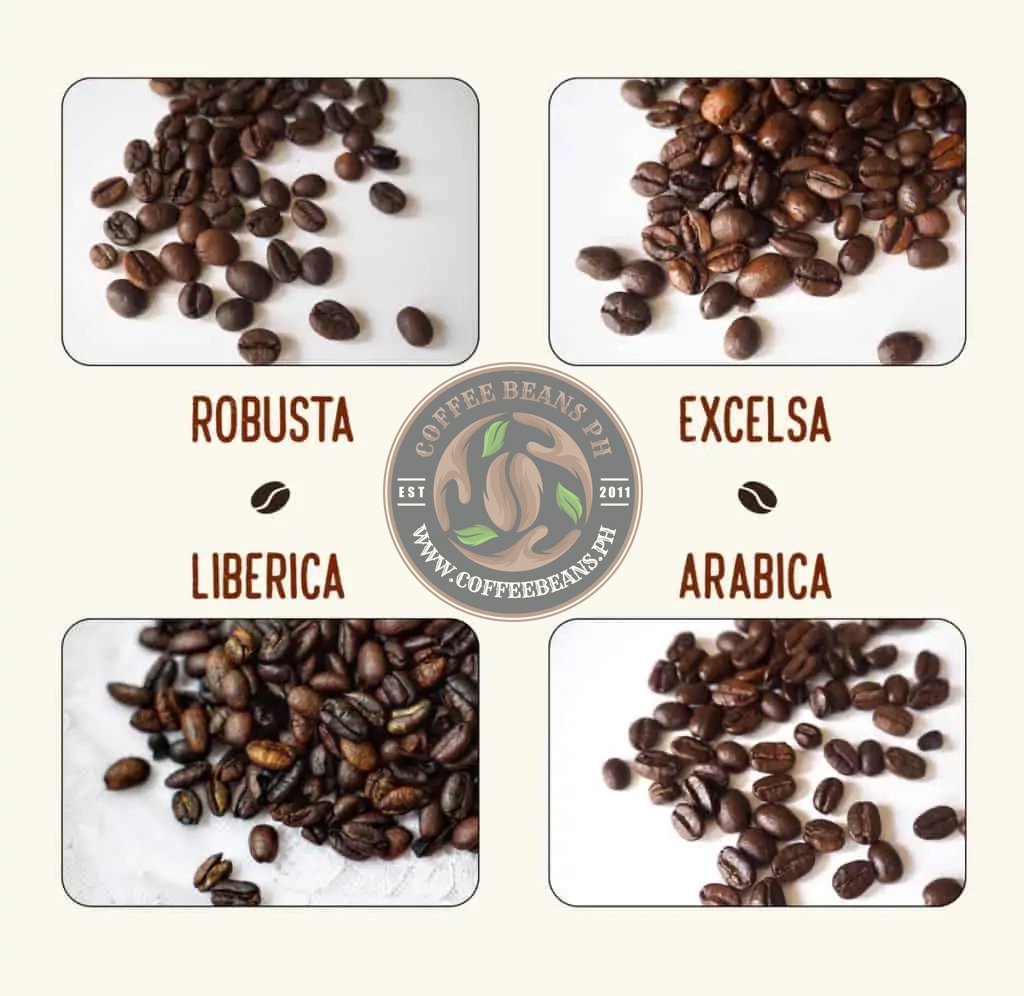
One of the reasons we started this CoffeeBeans Philippines is because we passionately believe in the products we’re promoting. If you support Philippine coffee producers just like we do, here’s what happens:
You support Philippine farmers’ livelihood
By supporting local coffee, you contribute to increasing the quality of livelihood of Philippine coffee farmers nationwide. In the past, many Filipino coffee farmers were hesitant to invest in coffee-related knowledge of farming technologies and post-processing techniques, all of which will influence the outcome of the final product. They were often tempted to shift to other agricultural products, which grow faster and bring in faster returns but at much lower prices.
Farmers’ output is also influenced by the typhoon season, drought, and volcanic events, such as January 2020’s Taal Volcano eruption. Coffee sales and operations were – are – also profoundly affected by the onset of COVID-19.
Because more and more coffee farmers in the Philippines now focus on single-origin and high-quality coffee blend development and promotion, supporting their product directly impacts growers, farm workers, and everyone involved in the coffee value chain. Now that coffee growers are well organized into independent cooperatives and working more directly with coffee shop owners and advocates, they can obtain much higher value for every bag of coffee they produce.
You contribute to the promotion of the Philippine coffee heritage.
Although Philippine coffee is not originally from this archipelago, it is a naturalized, high-value product that has acquired terroir characteristics of the places where they have been planted.
If you become a supporter of Liberica/Kapeng Barako, you support a coffee varietal whose characteristics are influenced by agricultural terrain in Batangas and Cavite.
If you’re a champion of Arabica growers from the Cordilleras, you’re promoting coffee growths influenced by high altitude growers in Atok, Benguet, or Sagada, Bontoc.
The same applies to coffee originating from high-altitude coffee from Bukidnon or Davao. High-quality coffee producers of Robusta are also coming out of Mindanao growers in Sulu and Maguindanao, as well as Ilocos and Cagayan Valley in northern Luzon.
These growers have been slow but steady strides in producing and marketing their products with specialty coffee distributors who promote their products to coffee-loving market audiences.
You’re accessing a range of world-class Philippine coffee beans.
It’s taken time for Philippine coffee growers to gain international attention, but it’s finally happened.
The Coffee Heritage Project, an initiative led by SGD Coffee, helped promote Bana’s Coffee, a small coffee producer from Sagada. In 2017, Bana’s Coffee won the Médaille Gourmet (Gourmet Medal) – an excellence recognition from the French Agence pour la Valorisation des Produits Agricoles (AVPA), a French non-profit NGO that promotes small producers of high-value coffee, tea, chocolate, and edible oil products.
Bana’s Coffee again won a Bronze Medal in 2019 at AVPA’s 5th Coffee Roasted at Origin International Contest, together with Mirabueno Coffee, a producer from Mantibugao, Bukidnon, who picked up their first Medaille Gourmet Prize.
In 2020, again with the help of The Coffee Heritage Project, North Star Upi Coffee, growers of high quality Robusta beans from Upi, Maguidanao, won a Silver Medal in this year’s AVPA’s 6th Coffee Roasted at Origin International Contest.
This does not yet include yearly Philippine events and competitions that recognize Philippine coffee producers. Important recognitions for the industry are now coming out of events like the Philippine Coffee Quality Competition, the Manila Coffee Festival, the Philippine National Barista Championship, and the Philippine National Coffee Competition.
Philippine coffees are a thoughtful signature Christmas gift at any time of the year. Please help us support Philippine coffee farmers by visiting our Coffee Beans Shop page!





